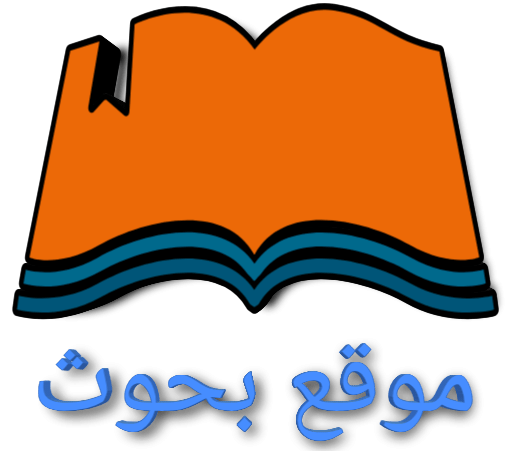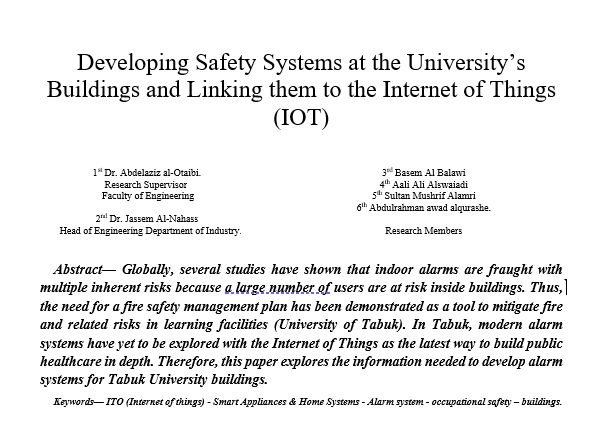
تقييم ادارة المعرفة و اثرها على الاداء داخل برنامج البنية التحيية وتطوير المخيمات في الاونروا pdf
ملخص الدراسة:
Knowledge Management (KM) is recognized as an important weapon for sustaining and improving performance. The evaluation of knowledge management performance has become increasingly important since it provides the reference for directing the organizations to enhance their performance. This study aims to study knowledge management as an effective tool for the improvement of performance in ICIP at UNRWA as well as to study the possible barriers and impact of contextual factors on KM activities. Also it aims to examine the relationship between the knowledge management capabilities and Intellectual capital as a measuring tool of organizational performance. The researcher adopts a descriptive analytical approach, which relies on data collection and interpretation of the phenomenon. A questionnaire has been developed and distributed personally to a sample consisting of 240 staff working in ICIP and Procurement contracting unit. The collected questionnaires were 216, i.e recovery rate (90%). The study finds that 71.4% of ICIP staff agreed that KM Process capability is important part in supporting employee’s efforts to work better and improve the productivity which will affect the performance of organization. 63.2% of ICIP staff agreed to the impact of KM infrastructure capability on the organizational performance. The result reveals that KM infrastructure capability has less impact on organizational performance and there are significant differences among the respondents’ regarding the impact of KM infrastructure capability and KM process capability on organizational performance due to Age and Qualification. The study has represented several important recommendations. Empowering policies to promote autonomous work and task identity are important in increasing the sense of responsibility, and hence the willingness, to produce new knowledge through activities such as invention and innovation. Set up strategies and plans that build a strong and solid experiences among the staff. Manage the mutual knowledge transfer between the organizations’ members in a systematical approach. Increase the awareness of knowledge management and the importance of knowledge share among staff through workshops, brochures and training.
توثيق المرجعي (APA)
Matar, Ahmad Nazmi (2014). An investigation on Knowledge Management and its Impact on Performance within Infrastructure and Camp Improvement Program at UNRWA. الجامعة الإسلامية - غزة. 18793
خصائص الدراسة
-
المؤلف
Matar, Ahmad Nazmi
-
سنة النشر
2014
-
الناشر:
الجامعة الإسلامية - غزة
-
المصدر:
المستودع الرقمي للجامعة الإسلامية بغزة
-
نوع المحتوى:
رسالة ماجستير
-
اللغة:
English
-
محكمة:
نعم
-
الدولة:
فلسطين
-
النص:
دراسة كاملة
-
نوع الملف:
pdf



